The Innovators: Stax Artist Spotlights
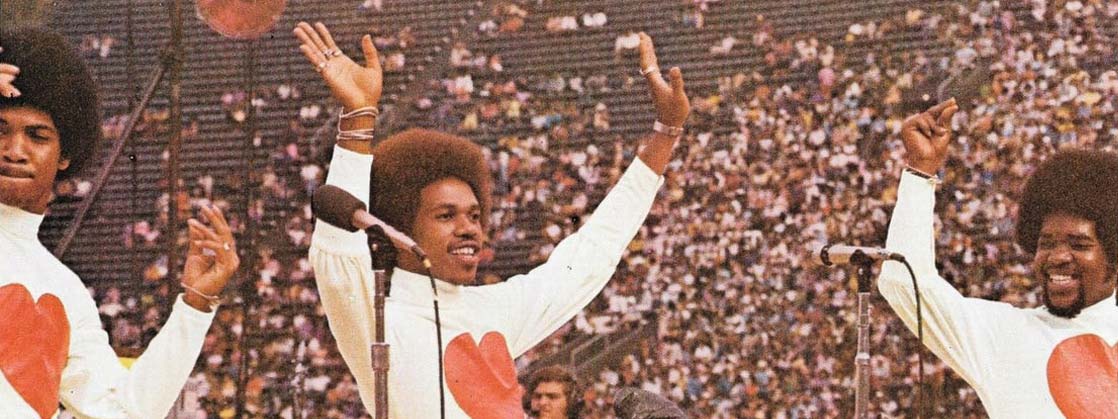
The Temprees at Wattstax
A host of subsidiaries emerged in connection to the Stax Records Company in the 1970s, expanding the label’s reach beyond that of its flagship label and their long-running imprints Volt and Enterprise. Among them, We Produce Records focused on talents produced by Stax staff engineer Tom Nixon and Memphis-based school teacher Josephine Bridges. While the label’s output only included a relatively small collection of singles and LPs, We Produce’s most productive act, The Temprees, accounted for an overwhelming majority of the imprint’s released materials.
The group originally began as a quartet of schoolmates, Jasper “Jabbo” Phillips, Harold “Scotty” Scott, Deljjuan “Del” Calvin, and Larry Dodson, who all attended South Memphis’ Carver Junior High School. However, before the group found its footing, Dodson left the group he founded, opting to join the ranks of The Bar-Kays, newly reformed and interested in incorporating a vocalist into their repertoire.
The remaining Temprees, wildly popular among youth in Memphis for their appearances at local dances and talent competitions, caught the ears of Nixon and Bridges, who signed them up to We Produce Records at the suggestion of David Porter.
Backed by The Bar-Kays in the studio, The Temprees recorded their debut single in 1970 with “(Follow Her) Rules and Regulations” and its B-side “I’m for You, You for Me.” Both sides were co-written by Nixon and Bridges, with Carl Hampton lending additional efforts to the latter.
The songwriting trio of Bridges, Nixon, and Hampton returned on the group’s second single, the love-filled affair that was 1971’s “(Girl) I Love You,” backed with “I Love You, You Love Me.” Led by Jabbo Phillips, both tracks make liberal use of his distinct falsetto, laying the groundwork for the ensemble’s signature sound. With it, The Tempress positioned themselves as outliers within the inner circle of Memphis soul, instead leaning stylistically into the Northern soul music’s more percussive dance beat and syrupy sweet balladry.
Neither of the group’s two debut singles yielded any impressive returns on the charts. With Carl Hampton turning his attention to Stax Records’ main label, combining his songwriting prowess with hitmaker Homer Banks, The Temprees went searching for their first hit without his help.
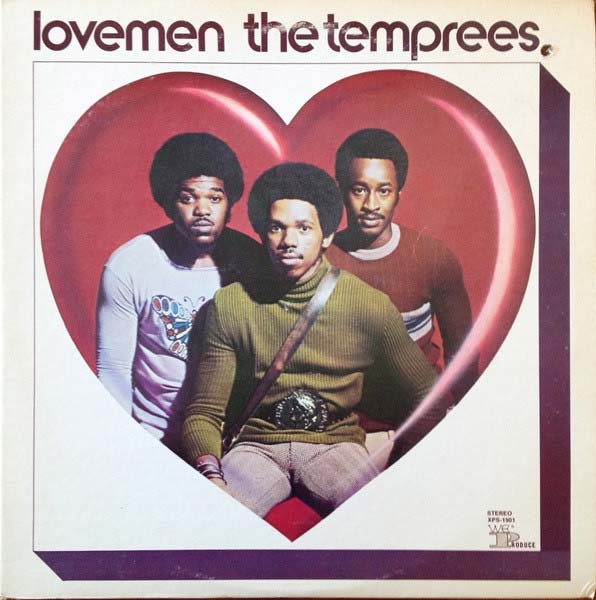
Lovemen Album
It’d arrive in 1972, when the tongue-in-cheek tune “Explain It to Her Mama,” hit the marketplace. On it, the three vocalists sing a playful plea to the mother of their supposed romantic interest, asking that she raise her daughter to properly love a man. The single, written by Cleophus Fultz and Leon Moore, hit number 47 on the R&B chart.
The single aided in propelling the group’s momentum toward an eventual debut LP Lovemen, in 1972. Also bolstering the album’s impressions on The Temprees’ growing fanbase was a subsequent single, a cover of “Dedicated to the One I Love,” a sultry, midtempo number originally performed by The 5 Royales and made famous by The Mamas & The Papas. In the hands of The Temprees, the song’s more emotional qualities come to the forefront, as the trio evoked the sincere innocence of young, enchanted lovers.
Following the album’s release, Del Calvin left the group to begin military duty, leaving William Novel Johnson to fill in for live performances and studio sessions. The release of a second album in 1973 saw only one single, “Love’s Maze” (a slight variation on the album’s title, Love Maze), make a minor impression on the R&B chart. An attempt to push a third album, the aptly titled Three, through the Stax Records system—just as the label began to succumb to financial woes—garnered The Temprees little support in the company’s final days. Despite being lost in the shuffle of the label’s demise, The Temprees would resurface along with several former Stax artists within the Columbia Records’ family of labels, making Epic Records their brief home. Even in new surroundings, the group remained under the direction of Jo Bridges. The partnership would see the release of singles “I Dare You” and “I Found Love on a Disco Floor,” neither of which could bring the group back from the brink.

“Dedicated to the One I Love” – Single
Jabbo Phillips returned to Stax Records, when Fantasy Records launched a short-lived revamped version of the label led by David Porter, in the post-disco era. Appearing as the vocalist and percussionist of the funk band Kilo, Phillips joined the self-contained ensemble for their only album in 1979.
The Innovators: Stax Artist Spotlights ARCHIVE
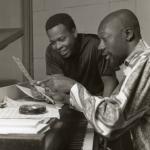
Stax Records — After 1975
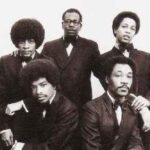
Ollie & The Nightingales
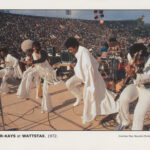
The Bar-Kays

24-Carat Black

The Temprees

The Soul Children

The Mar-Keys

Delaney & Bonnie

Stax Groups – The Astors, Jeanne & The Darlings & the Charmels

The Mad Lads

The Dramatics

The Emotions

Johnnie Taylor

The Bar-Kays

Otis Redding

The Dramatics

RUFUS & CARLA THOMAS

Sam & Dave

The Emotions


